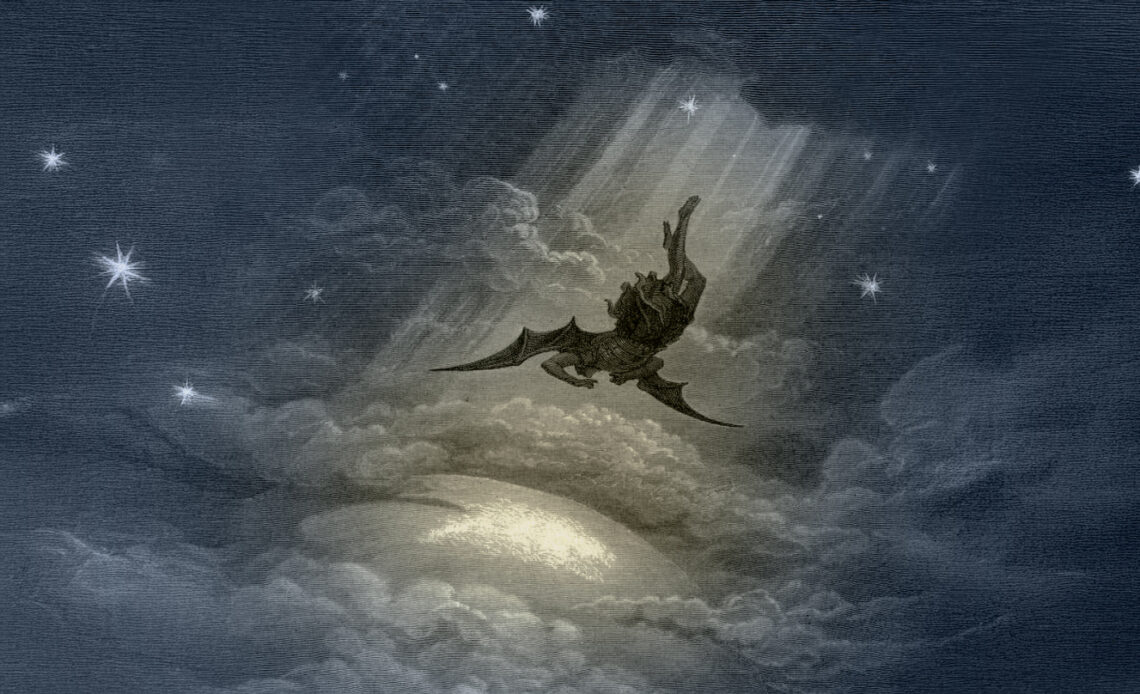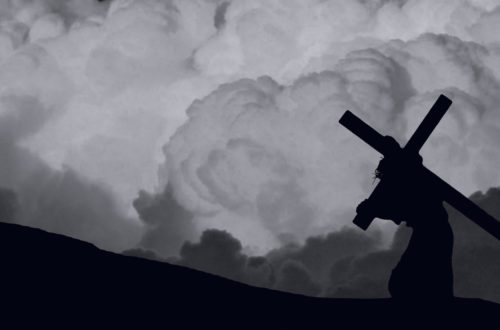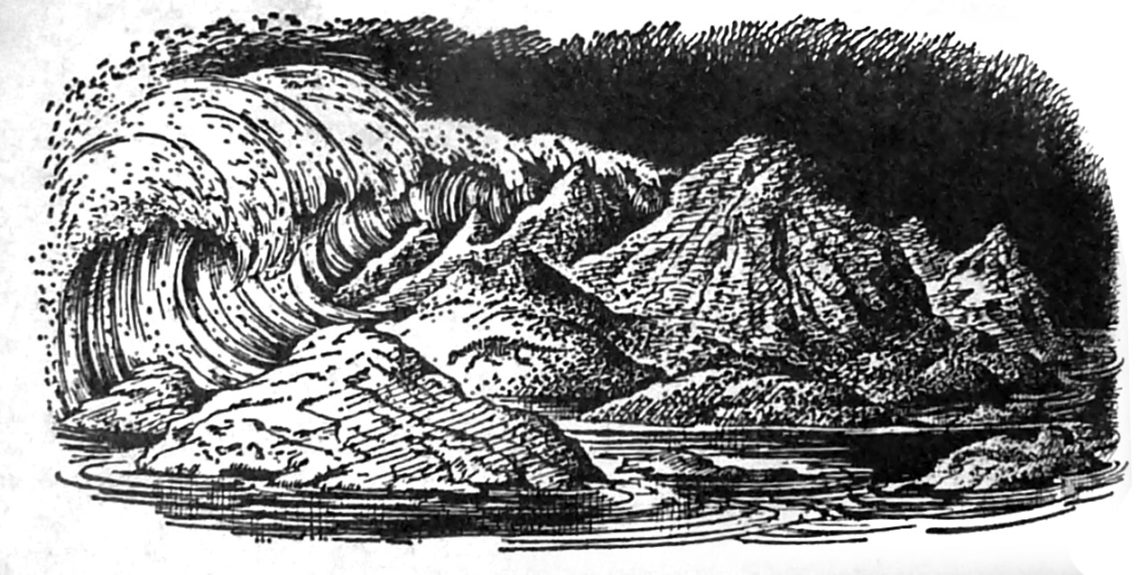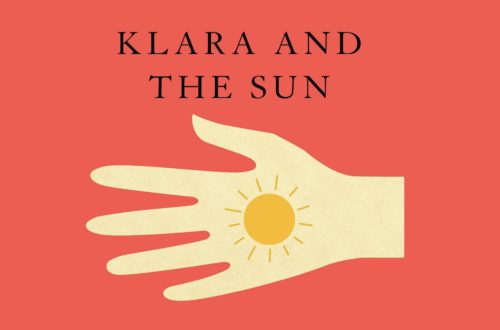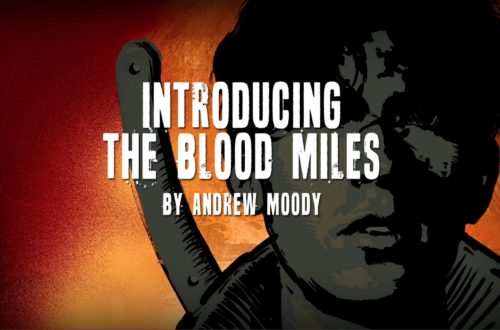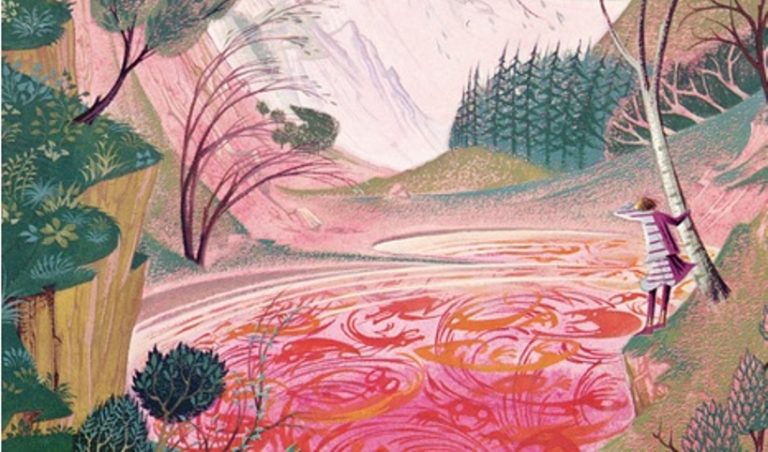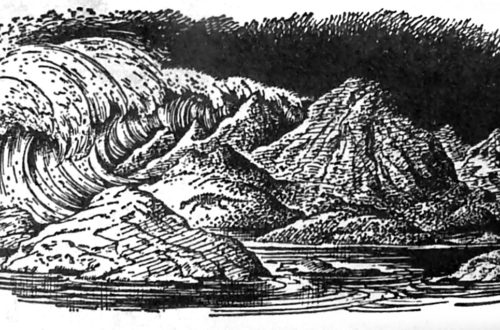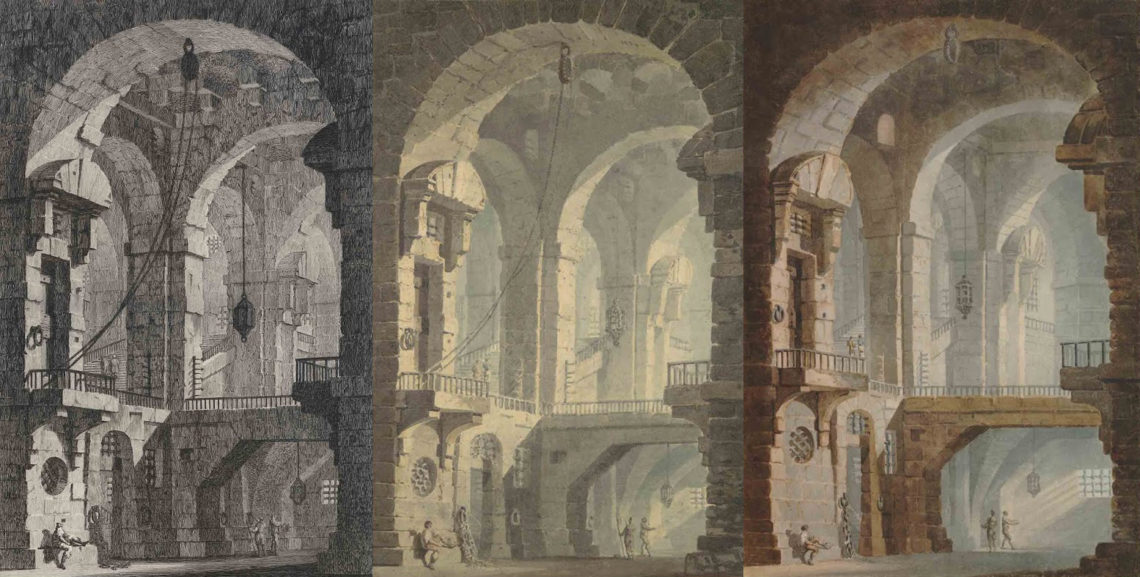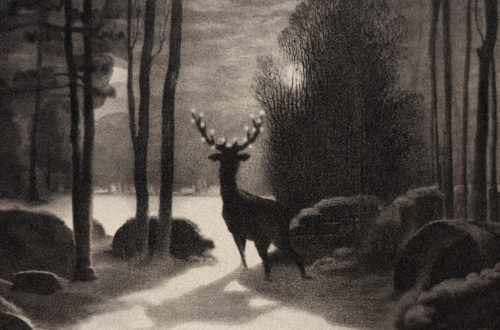-
Considering the Fall of Neil Gaiman
I would read other books, of course, but in my heart I knew that I read them only because there wasn’t an infinite number of Narnia books to read … C.S. Lewis was the first person to make me want to be a writer. (Neil Gaiman, keynote speech, “Mythcon 35”) The celebrated English fantasy author, Neil Gaiman, has been shot out of the sky. In August, a podcast began to detail allegations of sexual abuse made against him by five different women. Last week, New York Magazine published a longer and more horrifically detailed catalogue, partly supported by testimonies from new victims. The new article is convincing and compelling (also…
-
Narnia Must Die – Tough Questions for Christian Writers
A few weeks ago, I shared some of my thoughts about the possibilities of Christian fiction: whether it should exist; what it might achieve. I ended on a fairly upbeat note. Stories might refresh our jaded palettes to see what’s true; stories might take us by surprise and sneak past our prejudices and certainties. But there is one important problem that I passed over. The more stories succeed, the greater the danger that we might mistake them for the realities to which they point. We might want to live in made-up worlds rather than turn our eyes to heaven. We might want to keep reading romance rather than live a…
-
What’s the Point of Christian Fiction?
What’s the point of Christian fiction? Can it do any good? Should it even exist? These are some of the questions I have been mulling over as I have been working on several novels over the last ten (or thirty) years or so. I have found them difficult to answer, but here are some scattered ideas that I have tried to rake into a pile. Should Christian Fiction Even Exist? From one point of view, the whole notion of “Christian fiction” is dubious or offensive From one point of view (often a “literary” point of view), the whole notion of “Christian fiction” is dubious or offensive. Christians should seek to…
-
Review: Piranesi by Susanna Clarke
Let me make things simple. If you love C.S. Lewis—specifically, if you love the Narnia books—I think you will very much like Susanna Clarke’s novel Piranesi. If you need a break from our dreary-yet-furious present and want to think about things that are true, honourable, just, pure, lovely, commendable and excellent (c.f. Phil 4:8) then this is the book for you. If you need a break from our dreary-yet-furious present … then this is the book for you. Piranesi is a difficult book to describe, however. The name originally comes from Giovanni Battista Piranesi, the Renaissance printmaker famed for his fantastical depictions of vast vaulted dungeons (see above, for example). When I…
